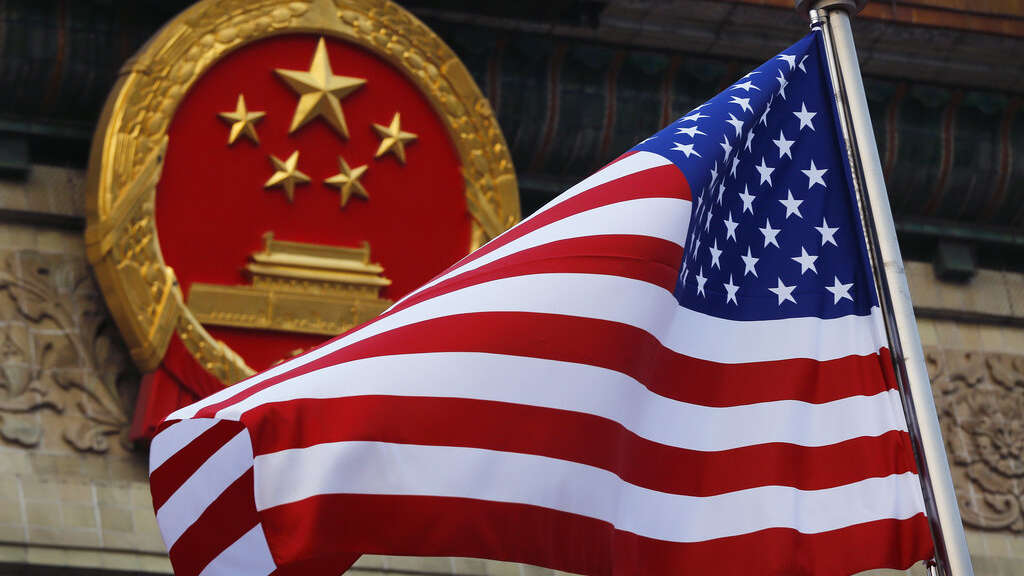Have Political Parties broken the anti-incumbency code?
September 30, 2021
People’s attitude towards change seems to be at a slower pace when it comes to electing their leaders. Their devotion and commitment to a particular party during election seems to be unshakeable even if there is change in the candidate of the political party. The main concern for them is to make the party win, despite the qualification and capability of the candidate contesting for the election. In the recent years there have been several incidents where the image of a particular candidate belonging to a party have soiled beyond repair and they diligently replaced their representation to that party by a fresh candidate who beams out in the name of that party and new promises are being made by him. Even without knowing his capability and background, people trust him only because he carries the brand of that party.
Politics in India always goes by the party symbol rather than the candidate of the party. Only the person who brought in glories and significance to the party is remembered by the people. Even today people in various parts of a state remember party names by the founders and significant members belonging to the party and not its actual name. So whatever and whoever tries to take command of that party, it doesn’t matter to them. So here, it is the system that is failed. Voters are deceived by parties carrying the names of those leaders. Every initiative based on their own decision is illustrated as if it was it was decided by the eminent leader themselves, who by the time would never exist. This is where everything goes wrong. Even if there is somebody to bring in changes through new party, majority voters don’t accept them just because they don’t belong to the branded parties of the state. It’s the mind set of people that must be changed. They must not be accustomed to a particular party just because of their loyalty towards a particular ideology. But this change, though could seem simple in words, it will need a lot of effort to bring in reality. Maybe the current generation would lend a hand with this regards, else this game of bluff would continue forever, leaving the voters at stake.
Indian state elections are always between two established branded parties. Every other party contesting for the election seems to have no or very low representation in the state assembly. This is because of the only factor that people do not want change. We see that a particular party and a leader is ruling the state for years and years after making insurmountable promises to allure the voters. This attraction towards freebies and promises make the voters feeble in making their decisions. But this on the other hand only causes increase in debt of that state.
There are always both sides of the same coin. There are some states where anti- incumbency seems to be a norm. For instance in Kerala, since 1977, no government has been re- elected till 2021. In Rajasthan, no government has been re-elected since 1993. It is to be noted that the governments have changed after every assembly election in Kerala whether or not turnout increased or declined. In Rajasthan in contrast, increased turnout typically coincides with a change in government. The exception was in 2018, when the incumbent lost despite the turnout being similar to that in 2013 .Karnataka is the prime example of anti-incumbency in India. The state has seen a regular change in the ruling party, every five years, for the last three decades. The last time the ruling government was re-elected was in 1985, 34 years ago.
On the other hand there are states where incumbents kept coming back to power for decades before the door was shut on them finally. In Sikkim for 25 long years, a government continued to exist. In Tripura and West Bengal, it took 35 years to dislodge the ruling party, almost a generation in politics. Presently, it is Gujarat where a government stands in power at a stretch for 25 years.
The reason behind this continuous stay in power would be because of efficient ruling capacity of the party or the ideological preference of voters towards a particular political party despite whoever tends to be the candidate. In state in Tamilnadu, people are accustomed in choosing one of the either Dravidian parties. Even if a candidate is replaced suddenly under the brand name, they would definitely extend their support to make the party win.
Voting across decades for a particular ideology tends to shift focus away from work and political parties become more enthusiastic towards clinging to the ideological roots and displaying brazen acts of defiance and ignorance towards the common electorate. In today’s fast changing world, an ample opportunity must be provided to the new comers having sufficient knowledge and ability to rule in a distinct manner. The voters must analyse the candidate and not the party behind them. They must know his background, capabilities and most importantly his educational qualifications to approve him as their leader. Merely looking at his brand name and voting for him blindly is like vesting the power to rule to an unthinking, yes man. So it’s high time that we wake up from this illusion woven by supreme leaders of the political parties just to make sure that they don’t lose out their race for numbers.








